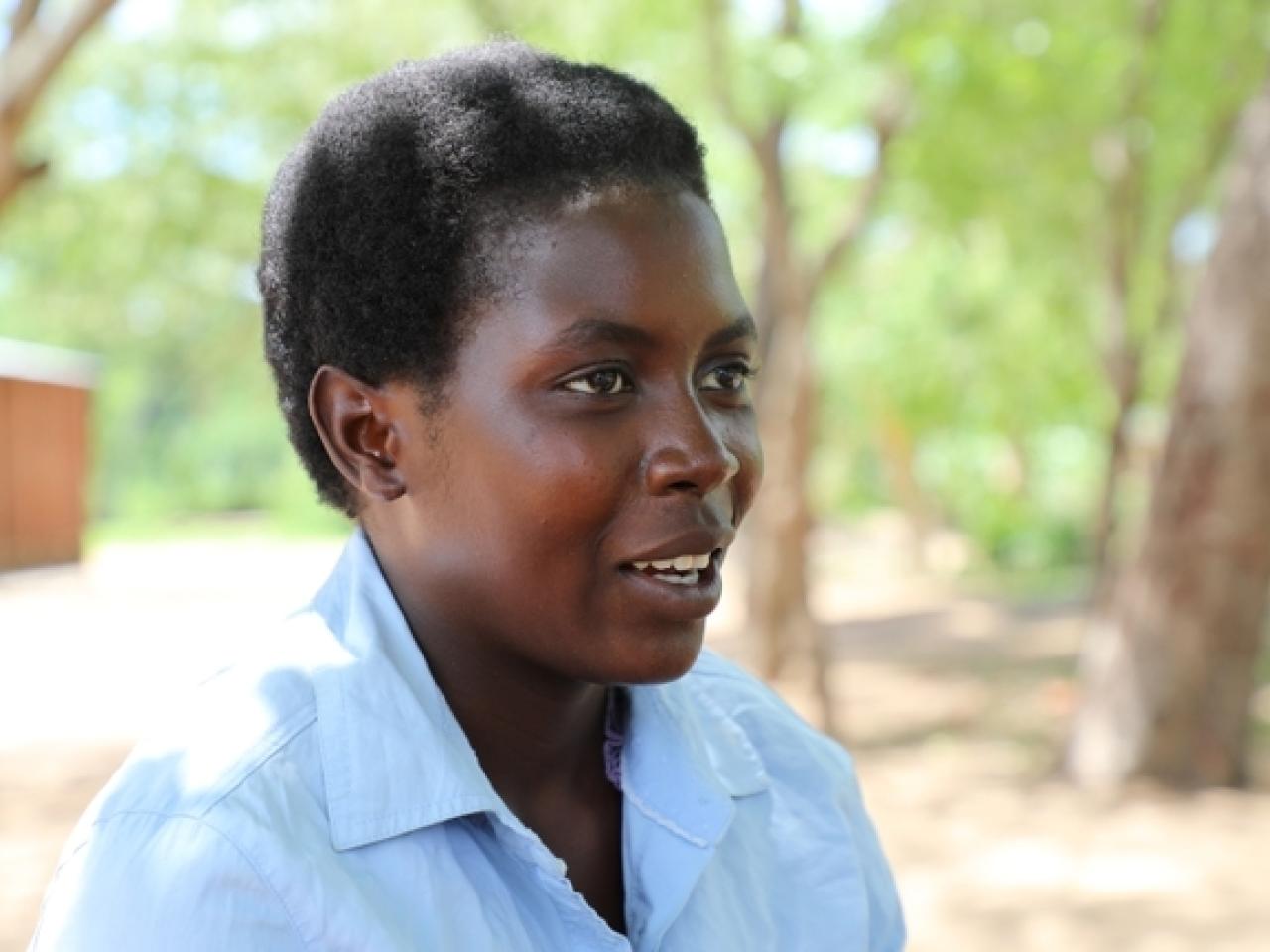Understanding sexual violence to better serve survivors in Niger
TAHOUA, Niger – Ending sexual violence and supporting survivors is a community-wide effort. No one understands this better than Serigne Mor Mbaye, a psychosociologist who has trained more than 200 members of the police force, military, national guard and justice system to sensitively respond to survivors of gender-based violence.
“It is essential that each actor plays their role in the chain of care for survivors in a therapeutic alliance,” says Mr. Mbaye, who is working in Spotlight Initiative-targeted areas of Niger, including Maradi, Tahoua, Tillabéry and Zinder.
“Each actor plays their role in the chain of care for survivors.” - Serigne Mor Mbaye, psychosociologist
Fati*, 35, and her daughter Samira*, 16, are part of the estimated 33 per cent of women in Niger to have experienced sexual or gender-based violence. They were walking home from the markets one evening when three men attacked and raped Samira. The men were well known in the neighbourhood and warned the women not report the rapes - even when the identities of offenders are known, women can be hesitant to report sexual violence as they face social stigma in addition to emotional and physical trauma.
But Fati refused to be silenced. With encouragement from her neighbour, an activist who had taken part in gender-based violence training, she reported the men to a local NGO. When news of the attack spread and Fati's brothers threatened to disgrace the family unless Samira agreed to marry, Samira ran away but was found by social workers from a local NGO. The “chain of care” began.
“After investigations by social workers, my daughter was found and integrated into the ILLIMIN programme.” - Fati*, mother
“After investigations by social workers, my daughter was found and integrated into the ILLIMIN programme,” says Fati of the programme that provides vocational training to women and girls who are at risk of child marriage, or those who have experienced gender-based violence. “They helped to set up a sewing workshop in my house and I am learning to sew with 10 girls who have gone through the same thing as Samira.”
Train the whole community
Spotlight Initiative and the Ministry for the Promotion of Women and Child Protection are working together across four priority regions of Niger to strengthen knowledge of gender-based violence among medical, psychosocial and justice personnel. Training sessions also equip community members like Fati and Samira’s neighbour with the skills to support survivors of sexual violence.
Seventeen million dollars have been invested in ending gender-based violence in Niger, marking the beginning of a new era of hope for victims of gender-based violence and in the movement to protect the dignity and rights of women in Niger.
*Names have been changed.
By Fatou Binetou Dia. Photo: UNICEF/Nesbitt

